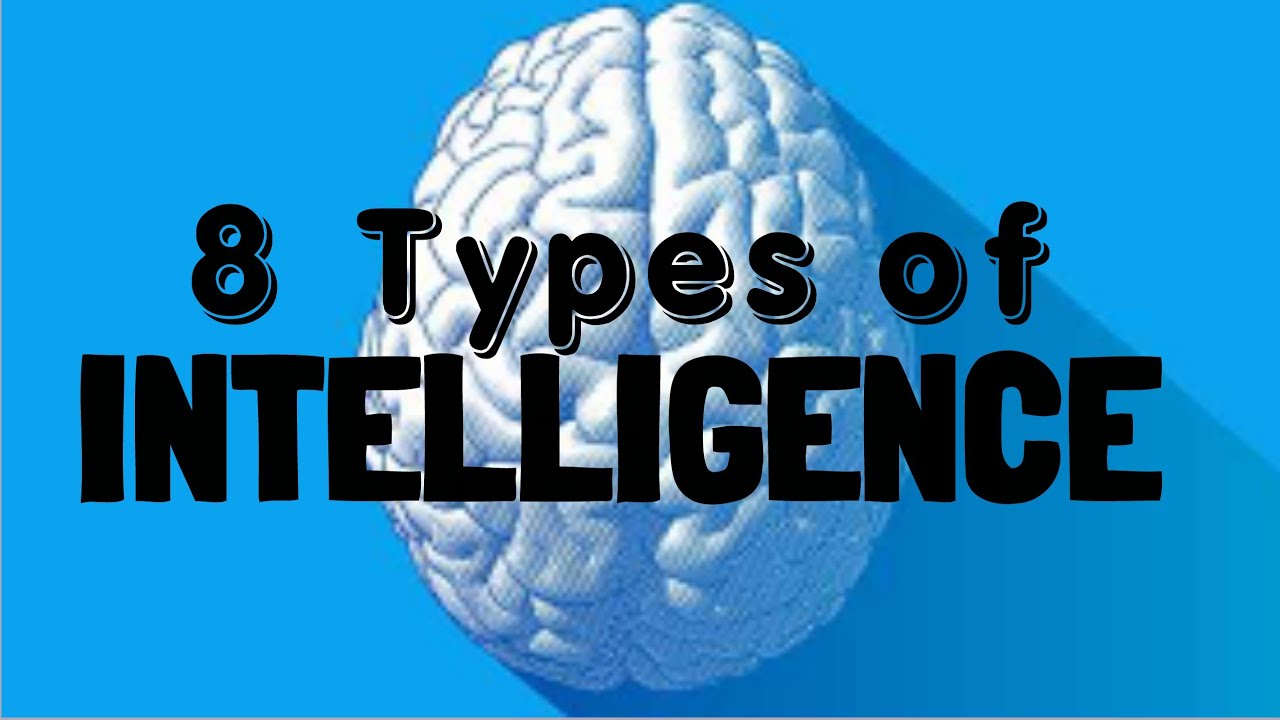Different Types of Intelligence

In our pursuit of understanding the complexity of the human mind, the concept of intelligence has garnered considerable attention. However, intelligence is not a monolithic entity but rather a multifaceted construct, encompassing various dimensions and capabilities. From cognitive prowess to emotional acumen, the spectrum of intelligence is vast and diverse, reflecting the richness of human potential. In this article, we delve into the different types of intelligence, shedding light on their distinct characteristics and significance.
Table of Contents
ToggleCognitive Intelligence:
Often referred to as general intelligence or ‘IQ,’ cognitive intelligence is the capacity to reason, plan, solve problems, comprehend complex ideas, and learn from experience. It encompasses logical reasoning, mathematical abilities, linguistic proficiency, spatial awareness, and abstract thinking. Cognitive intelligence is typically measured through standardized tests like IQ tests, which assess an individual’s ability to process information and solve problems efficiently.
Emotional Intelligence (EQ):
Unlike cognitive intelligence, which focuses on intellectual abilities, emotional intelligence centers on understanding and managing emotions, both in oneself and in others. It involves skills such as self-awareness, self-regulation, empathy, social awareness, and interpersonal relationships. Individuals with high emotional intelligence are adept at recognizing their own emotions and those of others, effectively navigating social situations, and fostering positive connections.
Social Intelligence:
While emotional intelligence pertains to understanding emotions, social intelligence goes a step further by encompassing the ability to navigate complex social dynamics and relationships. It involves skills such as empathy, persuasion, negotiation, conflict resolution, and leadership. Socially intelligent individuals excel in understanding social cues, building rapport, and influencing others positively, contributing to successful interpersonal interactions and collaborative endeavors.
Creative Intelligence:
Creative intelligence involves the ability to think innovatively, generate novel ideas, and approach problems from unconventional perspectives. It encompasses traits such as imagination, curiosity, flexibility, and the willingness to take risks. Individuals with high creative intelligence exhibit originality in their thinking, produce innovative solutions to challenges, and thrive in environments that encourage experimentation and creativity.
Practical Intelligence:
Also known as ‘street smarts’ or ‘common sense,’ practical intelligence relates to the ability to apply knowledge and skills effectively to real-world situations. It involves problem-solving in everyday contexts, adapting to new environments, and making sound decisions based on practical considerations. Practical intelligence is often demonstrated in domains such as entrepreneurship, craftsmanship, and adaptive behavior in diverse settings.
Intuitive Intelligence:
Intuition, often described as gut feeling or instinct, plays a crucial role in decision-making and problem-solving processes. Intuitive intelligence involves the ability to grasp insights or solutions spontaneously, without relying solely on conscious reasoning or analysis. It relies on unconscious processing of information and past experiences, guiding individuals towards swift and sometimes unconventional decisions.
Analytical Intelligence:
Analytical intelligence emphasizes the ability to analyze, evaluate, and interpret information systematically. It involves skills such as critical thinking, logical reasoning, problem deconstruction, and pattern recognition. Individuals with strong analytical intelligence excel in dissecting complex problems, identifying underlying patterns or trends, and formulating effective strategies based on data-driven insights.
Kinesthetic Intelligence:
Kinesthetic intelligence, also known as bodily-kinesthetic intelligence, relates to the ability to control and coordinate body movements effectively. It involves skills such as hand-eye coordination, motor skills, agility, balance, and spatial awareness. Individuals with high kinesthetic intelligence excel in activities such as sports, dance, performing arts, and manual dexterity-based professions.
Naturalistic Intelligence:
Naturalistic intelligence pertains to the ability to recognize, categorize, and understand patterns in the natural world. It involves a deep appreciation for and understanding of nature, including plants, animals, ecosystems, and natural phenomena. Individuals with strong naturalistic intelligence exhibit keen observational skills, environmental awareness, and a profound connection to the natural world.
Existential Intelligence:
Existential intelligence revolves around contemplating profound questions about human existence, meaning, and the universe’s mysteries. It involves pondering abstract concepts such as life, death, consciousness, purpose, and the nature of reality. Individuals with high existential intelligence demonstrate introspective depth, philosophical inclination, and a propensity for existential exploration.
Understanding the diverse array of intelligences highlights the multifaceted nature of human cognition and behavior. While traditional measures like IQ tests prioritize cognitive abilities, other types of intelligence, such as emotional intelligence, creativity, and practicality, are equally essential for personal and professional success. Recognizing and nurturing these different forms of intelligence can lead to a more holistic development and a deeper appreciation of human potential. As we continue to unravel the intricacies of the human mind, embracing the richness of diverse intelligences can pave the way for greater insight, innovation, and collective progress.





